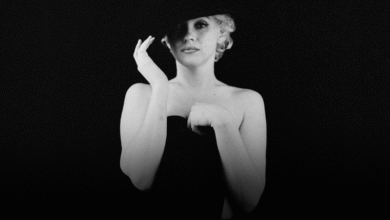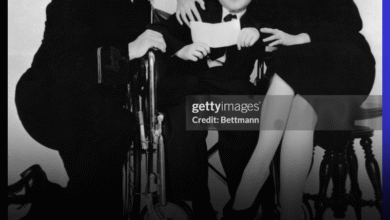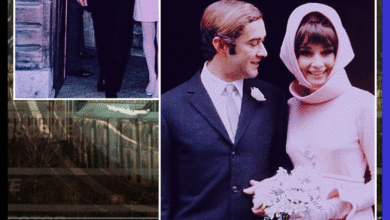The Clint Eastwood Movie That Completely Changed Westerns – How ‘Unforgiven’ Inspired ‘Yellowstone’
OPINION: This article may contain commentary which reflects the author's opinion.
The American western has always been more than just guns, horses, and the frontier—it’s a mirror held up to the nation’s myths. But in recent decades, that mirror has cracked, revealing complex truths about the genre’s roots in violence, conquest, and moral oversimplification. For Yellowstone co-creator Taylor Sheridan, no film better embodies this shift than Clint Eastwood’s 1992 masterpiece Unforgiven, a revisionist western that shattered the genre’s traditional moral compass—and laid the groundwork for modern neo-westerns like Yellowstone.
Sheridan has never shied away from citing his influences, and in interviews with Variety and The Atlantic, he credited Unforgiven as a towering force behind the DNA of Yellowstone. “Clint Eastwood shattered the myth of the American western,” Sheridan said. “So when I stepped into that world, I wanted there to be real consequences. I wanted to never, ever shy away from: this was the price.”
Set in post-Civil War Wyoming, Unforgiven dismantled the idea of the noble cowboy. Eastwood’s character, William Munny, is a retired, violent killer haunted by his past—hardly the idealized hero of classic westerns. Meanwhile, the lawman, usually a pillar of virtue in traditional tales, is a corrupt bully played chillingly by Gene Hackman. Sheridan noted how Eastwood “upended the binary moral framework” of the western, a radical move that allowed the genre to evolve past its black-and-white roots.
This thematic transformation paved the way for Yellowstone, which, though set in the modern-day American West, draws heavily on the emotional and philosophical terrain first explored in Unforgiven. In the story of the Dutton family—led by Kevin Costner’s patriarch, John Dutton—Yellowstone paints a murky picture of power, legacy, and survival. There are no clear-cut heroes or villains, only people doing what they must to hold on to land, control, and identity.
Sheridan’s literary influences—Cormac McCarthy, Larry McMurtry, and Toni Morrison—add further complexity to Yellowstone’s narrative, but it’s Unforgiven that provides the genre blueprint. Its visual austerity, quiet tension, and moral ambiguity redefined what a western could be—and should be in the 21st century.
Where early westerns like The Great Train Robbery (1903) introduced audiences to rugged landscapes and lawless justice, Unforgiven questioned those very ideas. Now, Yellowstone picks up that thread, offering a serialized, modern continuation of the genre’s reckoning. In doing so, it reaffirms Eastwood’s legacy—not just as a star of the old western, but as the architect of its reinvention.
Through Unforgiven, Eastwood didn’t just tell a story. He issued a challenge: make the western honest. Yellowstone answers that challenge every season.



